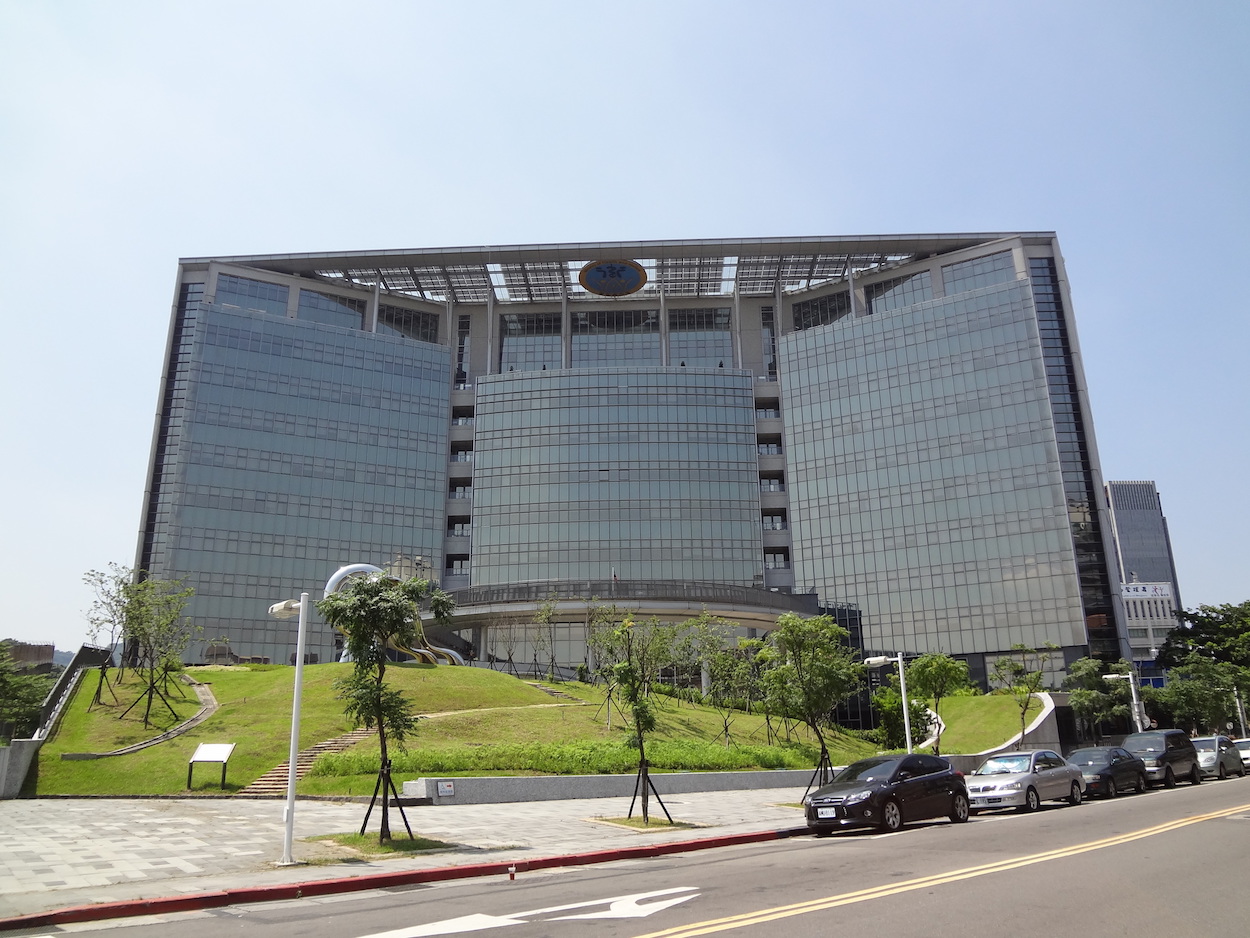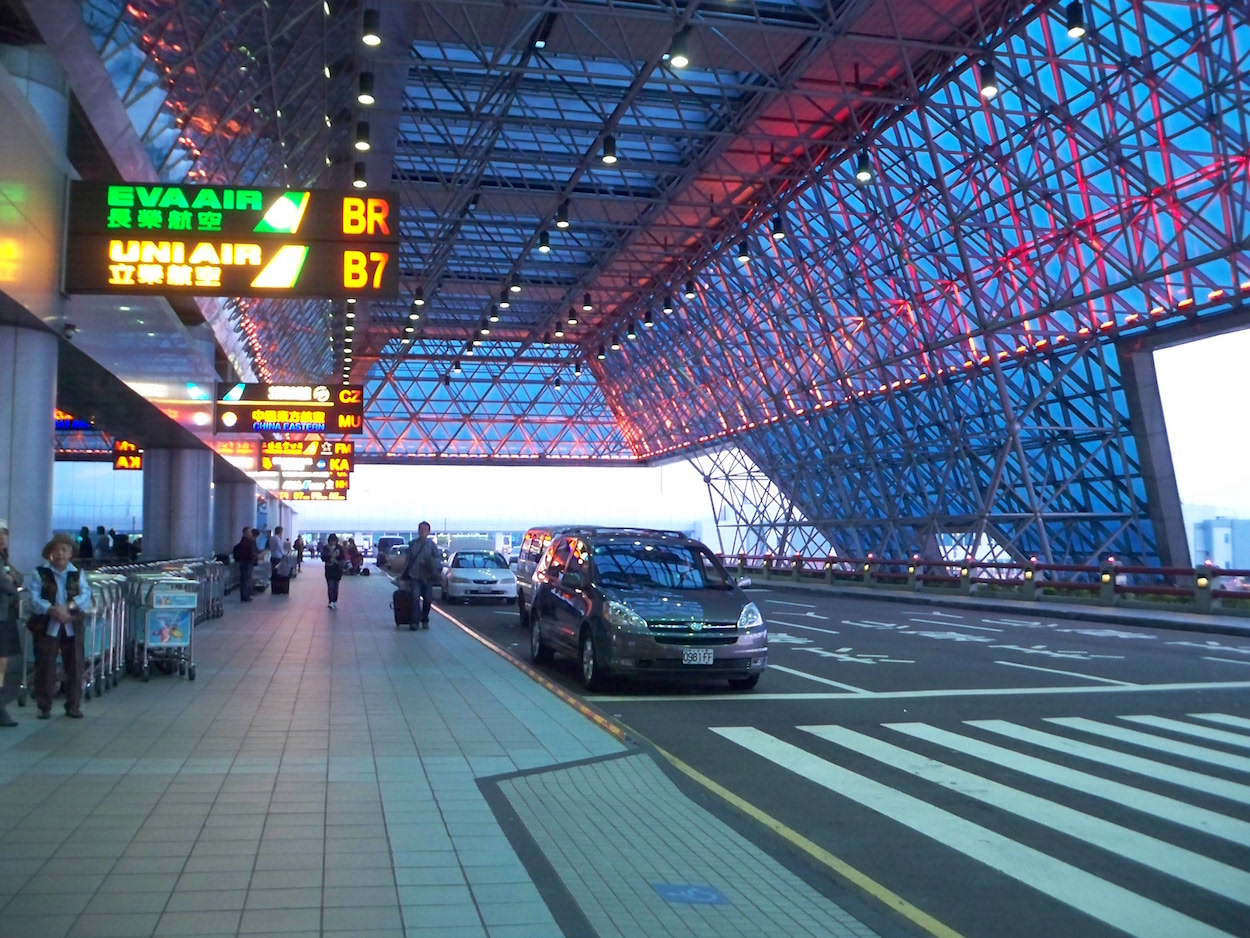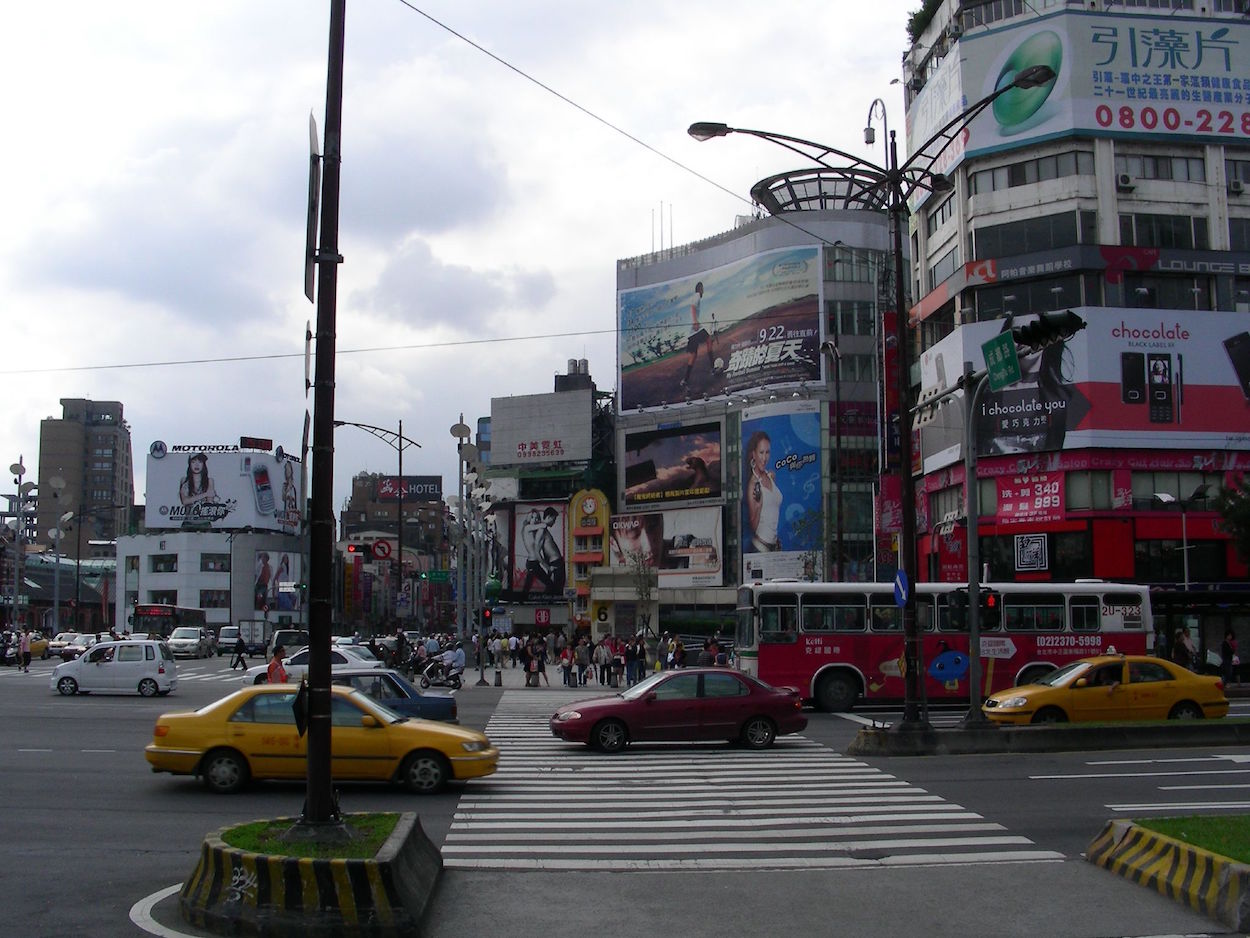by Brian Hioe
語言:
English
Photo Credit: Heeheemalu/WikiCommons/CC
TAIWAN’S TOTAL number of COVID-19 cases climbed past 200 today, with the Central Epidemic Command Center (CECC) announcing 216 confirmed cases of COVID-19 in Taiwan. 29 individuals have been released from treatment, while two deaths have taken place. 178 cases are imported while 38 cases of transmission took place locally. Twenty-one new cases were announced today, with one case being announced several hours later than the twenty other cases.
The amount of confirmed coronavirus cases in Taiwan is on the rise. Taiwan announced its 50th coronavirus case on March 13th, with the total amount of confirmed cases increasing to 100 by March 18th. Six days later, there are now there are 216 confirmed cases.
 Photo credit: Solomon203/WikiCommons/CC
Photo credit: Solomon203/WikiCommons/CC
As with before, the majority of COVID-19 cases are imported, with the CECC denying that community transmission is taking place in Taiwan. Although Taiwan shut borders to non-citizens last week, with much of the world on lockdown or enforcing travel restrictions, thousands of Taiwanese have begun returning from abroad. Thousands more are expected to return in the coming weeks as a result of school closures. Retroactive testing and mandated quarantines have been rolled out for previous returnees.
As 37 cases took place as a result of local transmission, concerns are on the rise that community transmission has begun to take place in Taiwan. Some take the view that the Taiwanese government is reluctant to acknowledge this for fear that this will lead to social panic and necessitate a lockdown of society as a whole, with reports of some individuals seeking to be tested being on the justification that they did not return from abroad and community transmission is not that place in Taiwan.
Similarly, the Taiwanese government may fear that the announcement of community transmission has begun to take place in Taiwan will damage Taiwan’s international credibility, seeing as Taiwan has been widely praised for having successfully fought off the COVID-19 spread. That being said, Minister of Health Chen Shih-chung previously stated that community transmission was “unavoidable” in Taiwan. Premier Su Tseng-chang has stated that he does not believe there is any need for the government to assume emergency powers to respond to the epidemic just yet.
The Taiwanese government announced that all foreigners currently in Taiwan who entered before March 21st would be granted a 30-day visa extension, with no need for an application last week. An amnesty program for individuals who have overstayed their visas has also been rolled out. Travel restrictions remain for some groups, however, such as teachers and students at the high school level and below.
Questions have been raised regarding whether the taxi and bus system set up to transport individuals set to undergo quarantine returning from abroad will be taxed by the number of returnees. Similarly, in order to meet capacity for individuals that need to undergo quarantine, Taipei opened a fourth quarantine hotel earlier this week, and New Taipei is also to open new quarantine hotels.
Flight transfers have currently been banned in Taiwan for the next fourteen days as another way to prevent the spread of the coronavirus. Passengers with a temperature of over 37.5°C will not be allowed to board flights and passengers are required to wear masks on airplanes. The National Immigration Agency has stated that travel passing through Taoyuan International Airport is lower than during the 2003 SARS crisis.
 Passenger pick-up at Taoyuan International Airport. Photo credit: Chi-Hung Lin
Passenger pick-up at Taoyuan International Airport. Photo credit: Chi-Hung Lin
Under current regulations, all travelers returning from abroad are required to undergo a 14-day quarantine. Monitoring by police using cell phone apps and daily check-ins takes place and police have taken to checking IDs at nightclubs because of individuals that have broken their quarantines. A number of nightclubs and nightlife institutions have announced closures because of the coronavirus epidemic. Police warn that fines of up to one million NTD could be enforced for breaking quarantine. Both KMT and DPP legislators have called for an increase in penalties for breaking the Communicable Disease Control Act or spreading rumors about disease outbreaks to be increased.
The government continues to increase manufacturing production in order to prevent shortages. It is thought that Taiwan’s total daily manufacturing capacity for medical masks will reach 13 million per day by mid-April. Similarly, with panic buying of toilet paper, instant noodles, and canned food leading to shortages, Premier Su Tseng-chang has stated in public comments that Taiwanese do not need to panic buy because Taiwan has ample food supplies, but stated that toilet paper manufacturers have sufficient capacity to increase production.
A second round of online purchases for medical masks is scheduled to begin on Wednesday. The Taiwanese government has denied, however, reports that it is exporting medical masks in order to curry diplomatic favor, stressing that 100,000 masks sent to Paraguay were purchased rather than exported from Taiwan.
Five hypermarket chains have publicly pledged that they will not hike prices in response to shortages. To this extent, three individuals are currently under investigation for attempting to spread rumors regarding possible shortages on PTT, Taiwan’s largest Internet forum. It is believed that some individuals have taken to spreading rumors about possible shortages in order to profit from panic buying.
Delivery chains have also begun to roll out new measures for ordering which limit social contact, such as having delivery workers leave food deliveries with doormen or at the entrances to apartments; this requires customers to indicate that they want to select this option, however. Delivery workers may prove a particularly susceptible group at present, seeing as their job brings them into contact with a large number of people. Uber Eats has stated that it will begin providing free meals to medical workers.
Closures continue to take place, with fears that families traveling for the upcoming Tomb Sweeping Holiday this weekend could lead to the spread of COVID-19. It is possible that the travel ban on non-citizens entering Taiwan was because of the upcoming Tomb Sweeping Holiday. Cemeteries have been called on to restrict the number of individuals allowed to enter at the same time. Similarly, some temples have begun moving services to online streaming.
 Photo credit: Alexsh/WikiCommons/CC
Photo credit: Alexsh/WikiCommons/CC
Cancellations for museums and public centers have taken place in some local municipalities, such as in New Taipei City, as well as educational institutions, as with Academia Sinica in Taipei closing off some areas. Theme parks have continued with efforts to attract members of the public, seeing as this has heavily affected business.
As Chinese efforts at militarily intimidating Taiwan have continued during the coronavirus outbreak, the Taiwanese military conducted exercises simulating intercepting enemy aircraft earlier today. At the same time, military visits from the US and Singapore have been canceled due to the coronavirus epidemic.
Efforts to fight the COVID-19 coronavirus continue in Taiwan, then. Nonetheless, no end in sight appears near for the COVID-19 pandemic and the total amount of cases continues to rise worldwide.

